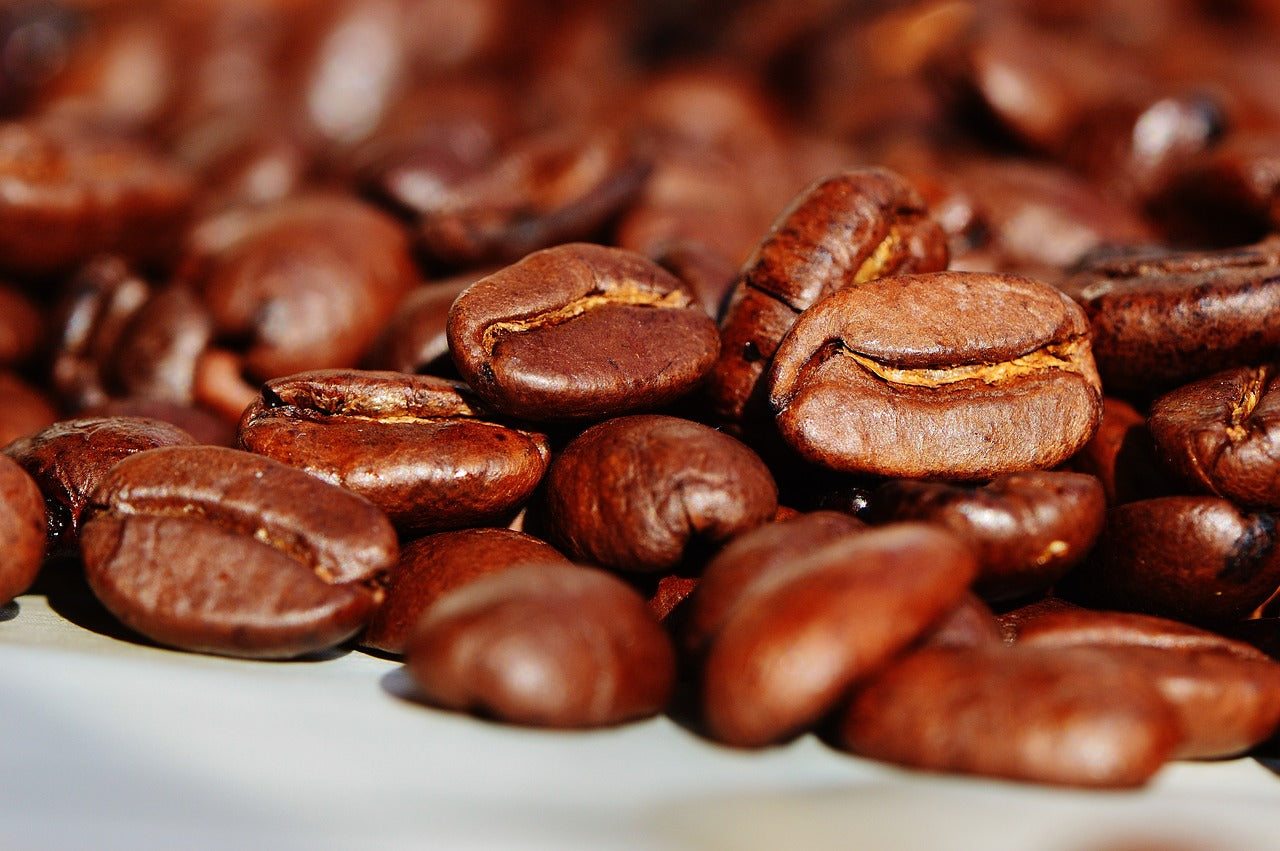Have you ever wondered what the Mediterranean diet consists of? Very often the information found on the Internet about this type of diet is particularly confusing.
In this article we will try to clarify and explain what its benefits and characteristics are.
In the vast panorama of diets, the Mediterranean diet emerges as a widely known and appreciated option. With roots in the traditional dietary principles of Mediterranean countries, this diet stands out for its focus on fresh and nutritious foods.
Its reputation is built on its impressive health benefits , such as reducing the risk of heart disease, promoting overall well-being, and much more.
Thanks to its versatility, the Mediterranean diet has become a popular choice for those looking for a balanced and sustainable approach to eating. But what exactly is the Mediterranean diet?
In this article, we will discover what are the benefits that this diet brings but also what are exactly the foods to eat. Therefore, I invite you to continue reading this article to understand how to follow a healthy and balanced diet.
The benefits of the Mediterranean diet: what are they?
The Mediterranean diet is renowned for its positive impact on heart health . Its key pillars, such as an abundance of healthy fats from olive oil and the inclusion of omega-3-rich fish, have been linked to a reduced risk of cardiovascular disease.
It's as if every bite of salad or every drop of olive oil were a little gesture of love for our heart. Thanks to its variety of fruits, vegetables, nuts and seeds, it is a powerful ally in the fight against inflammation in our body .
This is significant because chronic inflammation is a contributing factor to many diseases, from arthritis to heart disease. And what about our brains? They say we are what we eat, and what we eat can affect our mental and cognitive health.
The Mediterranean diet, with its vital nutrients and powerful antioxidants, has been shown to protect our brains from age and disease , improving memory and cognitive function.
Furthermore, the Mediterranean diet is also an ally in the battle against excess weight . Its combination of nutritious foods, fiber, and moderate portions can help us feel full longer, thus reducing the desire to overeat and promoting healthier and more sustainable weight management.
The Mediterranean diet: what does it consist of?
One of the main protagonists of the Mediterranean diet is certainly extra virgin olive oil . Rich in monounsaturated fats and antioxidants, olive oil is the main condiment of this cuisine, used to flavor salads, vegetables, legumes and even meat and fish.
At the heart of the Mediterranean food pyramid is a generous serving of fresh fruits and vegetables. Juicy tomatoes, crunchy cucumbers, vibrant peppers, creamy eggplants, and more grace Mediterranean dishes, offering a wealth of nutrients, fiber, and antioxidants.
These versatile ingredients can be used raw in salads, cooked in sauces, or roasted in the oven to create dishes with a unique and irresistible flavor. Alongside vegetables, we find whole grains, another cornerstone of the Mediterranean diet.
Pasta, bread, rice, and other whole grains provide complex carbohydrates that keep blood sugar levels stable and provide lasting energy. These foods are often accompanied by legumes such as beans, chickpeas, and lentils , which are rich in plant-based protein, fiber, and essential nutrients.
Fresh fish, such as tuna, sardines, salmon and cod , are a key component of the Mediterranean diet, consumed regularly and prepared in a myriad of delicious ways, from grilling to baking with herbs and citrus fruits.
And, of course, we can't forget dairy products , especially cheese. The Mediterranean diet calls for moderate consumption of aged cheeses , such as pecorino and parmesan, which add flavor and creaminess to dishes without overdoing it on calories.
What to do to start the Mediterranean diet?
If you want to start following the Mediterranean diet and enjoy its many health benefits, there are some helpful tips that can help you take the first step towards this healthy and delicious eating style.
A great place to start would be to consider taking a DNA test with Holifya to better understand your individual response to the foods included in the Mediterranean diet.
This type of test can reveal if you have food intolerances or sensitivities to certain foods, allowing you to customize your diet to your specific needs. Another useful tip is to familiarize yourself with the ingredients and recipes typical of this cuisine.
Spend some time exploring the rich culinary heritage of Mediterranean countries, discovering new flavors, aromas and combinations of ingredients. By seeking out authentic and traditional recipes, you will discover a whole new culinary experience!
Conclusions
After seeing what the Mediterranean diet consists of , we learned that it represents not only a way of eating, but an authentic philosophy of life that celebrates the beauty and goodness of fresh and nutritious foods.
With its delicious taste and culinary versatility, the Mediterranean diet presents itself as a healthy and sustainable eating approach that can be adopted by people of all ages and lifestyles.




Leave a comment
This site is protected by hCaptcha and the hCaptcha Privacy Policy and Terms of Service apply.